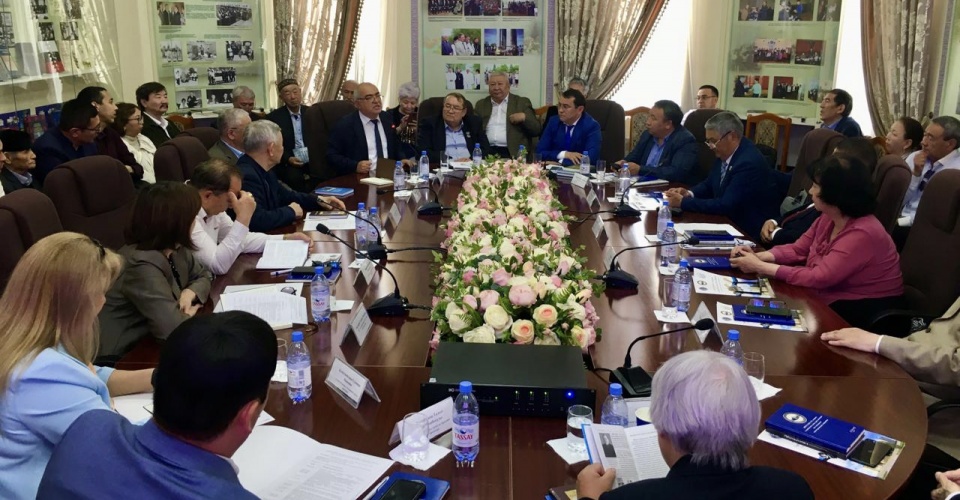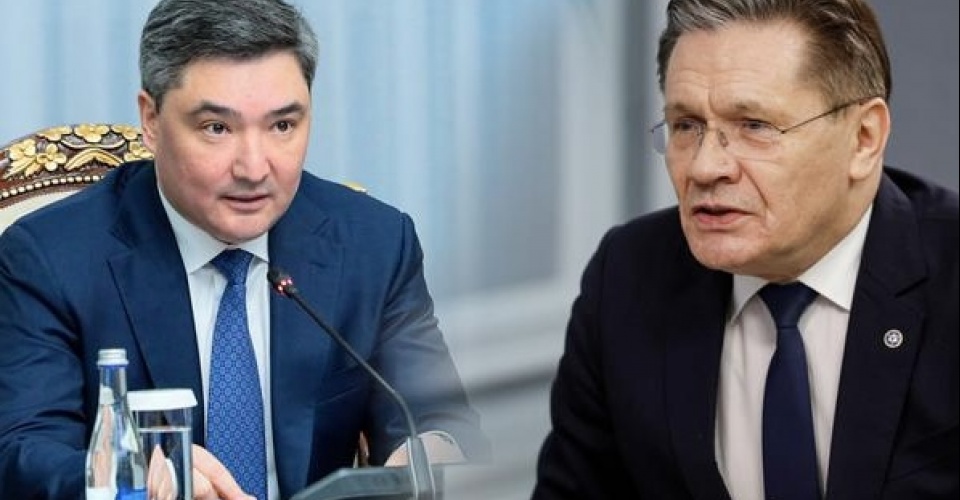After Kazakhstan switched to a unified time zone, the volume of electricity purchased from Russia increased significantly, according to the national portal “Adyrna.” Kazakhstanis have expressed concerns not only about health impacts but also about rising electricity bills.
Atameken Business reported an increase in electricity consumption in Kazakhstan. Data from KEGOC JSC indicates a difference of around 4% in consumption between the second half of 2023 and the same period in 2024. However, there is no shortage, as production also grew by 4.7% in this period. Nevertheless, public activists have raised alarms, creating petitions and expressing concerns over both the physical toll and the rising utility costs, which they link to the unified time zone. Activists claim that not only ordinary citizens but also businesses and government bodies are affected.
“It’s inconvenient for people, and the costs on our bills have noticeably increased; even our home bills have risen by 100 to 200 kWh… Everyone is shouting there’s not enough electricity. They’re purposely inflating electricity costs over time,” said activist Olga Yurkovskaya.
While the difference in utility payments has not yet been widely observed, most respondents noted changes in their general physical condition. Some experts argue that this issue is routine and believe that switching to a single time zone can positively impact health. For example, applied chronobiologist Bolat Nurkhozhayev claims the time change positively affects the body’s internal biorhythms.
“This is a scientifically supported decision. No research in global science has proven a shift in electricity savings or cost indicators. Furthermore, the health drawbacks of using an advanced time have been demonstrated in multiple studies, so science advocates for standard time,” said Nurkhozhayev.
Since the shift to a unified time zone on March 1, costs have changed significantly. KEGOC JSC alone bought approximately 3 billion tenge more electricity from Russia compared to the previous year.
“Electricity imports from Russia: from March 1 to October 31, 2022 – 1,091.9 million kWh; from March 1 to October 31, 2023 – 3,742.8 million kWh; and from March 1 to September 30, 2024 – 2,562.3 million kWh. KEGOC JSC compensated for hourly volume fluctuations in actual cross-border energy flow balances with Russia: from March 1 to October 31, 2022 – 522.3 million kWh for 13.0272 billion tenge; from March 1 to October 31, 2023 – 817.5 million kWh for 14.9396 billion tenge; and from March 1 to September 30, 2024 – 884.7 million kWh for 17.7594 billion tenge,” KEGOC JSC reported in response to KazTAG’s inquiry.
The corporation also noted that KEGOC does not have information on the cost of electricity purchased from Russia by other organizations in Kazakhstan.
On March 1 of this year, Kazakhstan switched to a single time zone (UTC+5). The Ministry of Trade and Integration explained that this decision was made in response to numerous requests from Kazakhstani citizens. However, citizens continue to criticize the government for making the change without their consent.




















